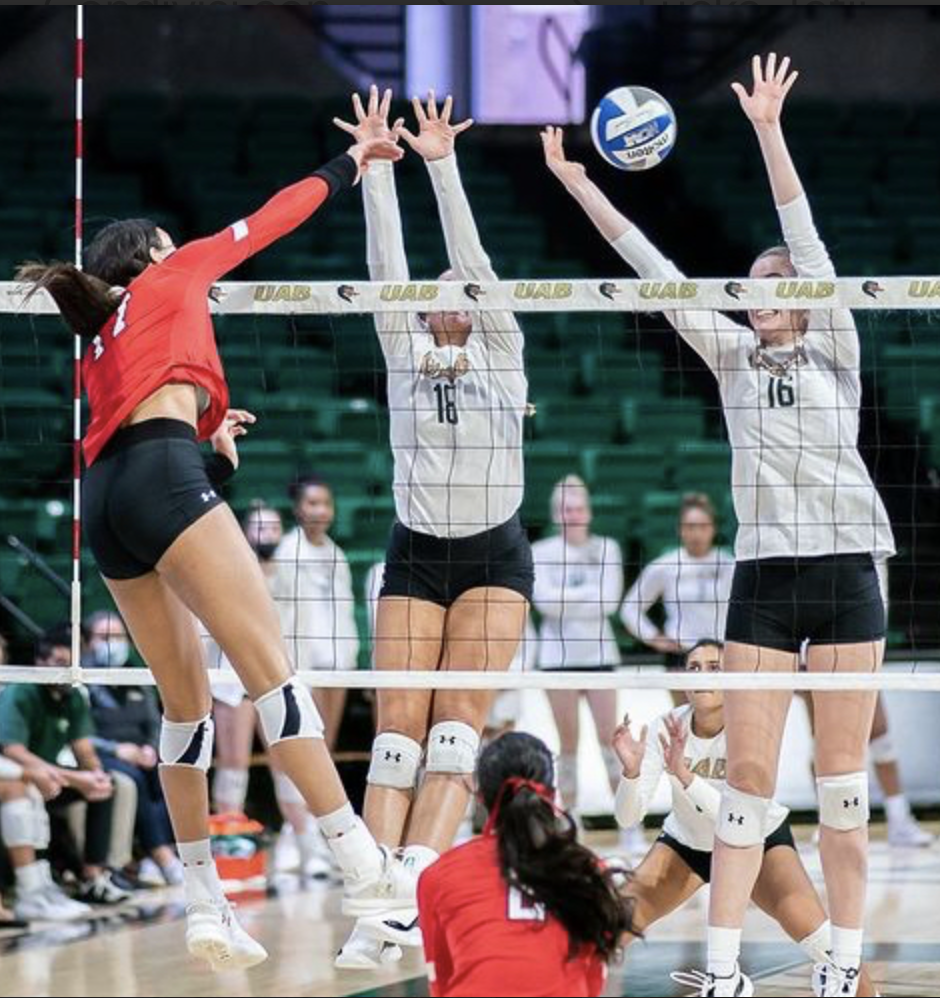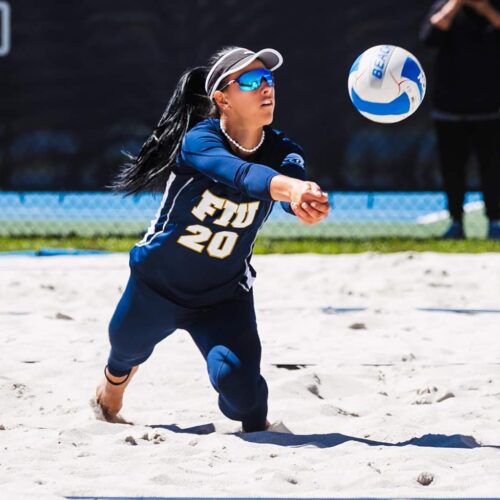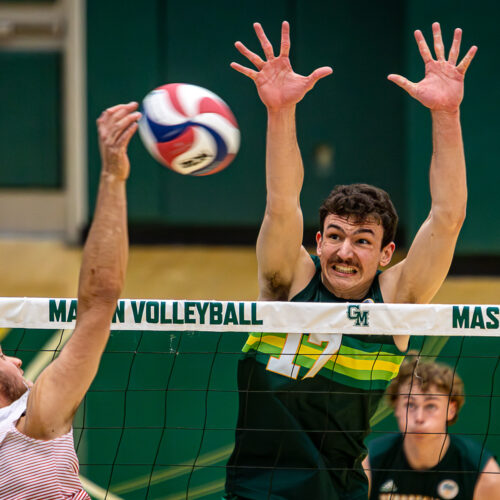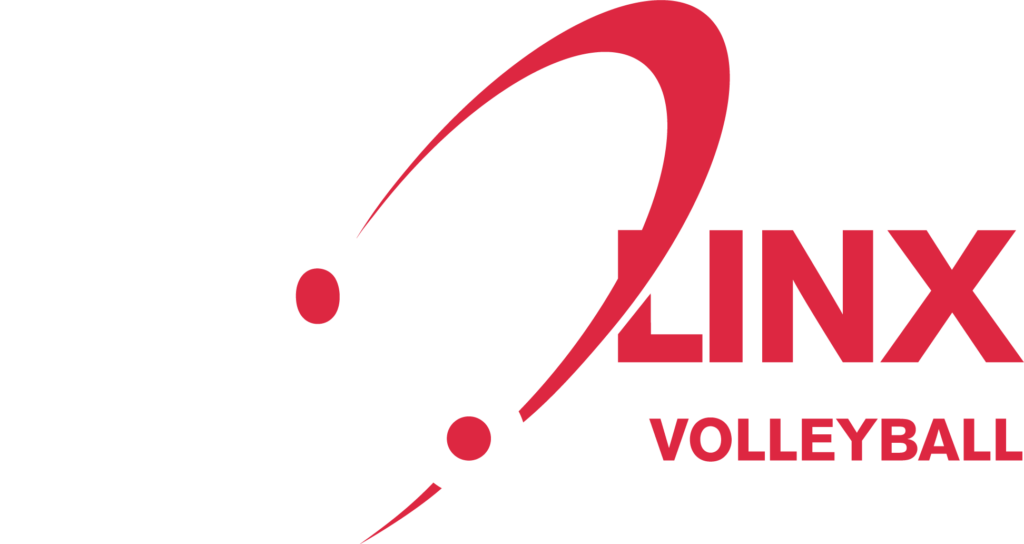Being considered a non-professional (amateur) athlete is one of the most important sporting requirements to be able to represent a university as a student-athlete.
Each league has its own definitions of professionalism and amateurism and further specific directives for certain sports in particular. There are differences between team and individual sports, specific rules for sports for which there are professional leagues in the USA (such as American football, basketball, ice hockey, baseball, etc.) or for professional individual sports such as tennis, track and field, and golf.





